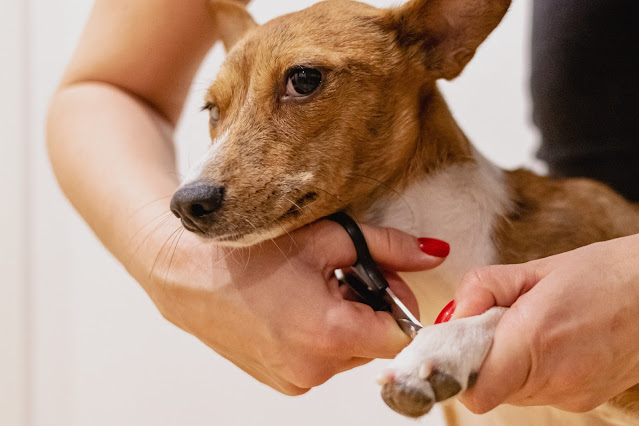The easiest way to become a millionaire is by doing a business.
With a growing interest in pet ownership and the increasing demand for pet-related products and services, the pet industry is a thriving market that offers many opportunities for people like you.
Therefore, starting a business that involves pets can instantly reward you and put more money in your bank account.
So why not start any of the following pet businesses today?
1. Pet Grooming and Boarding
This is a popular and highly profitable business. With many pet owners leading busy lives, the demand for professional grooming and boarding services is on the rise. Pet grooming services include bathing, hair trimming, and nail clipping, while boarding facilities offer a safe and comfortable place for pets to stay while their owners are away. To start a pet grooming and boarding business, you will need to invest in the necessary equipment and supplies, as well as secure a suitable location for your business.
2. Pet Training and Behavior Services
This is another profitable pet-related business that serves pet owners who struggle to manage their animal's behavior. The demand for professional pet trainers is huge and it entails modifying animals behaviours. These services may include dog training, behavioral modification, and agility training. To start a pet training and behavior business, you will need to have a deep understanding of animal behavior and training techniques, as well as a strong marketing strategy to reach potential customers.
3. Pet Supplies Retail Store
This is another popular pet business that can be profitable. With the increasing demand for pet-related products, starting a pet supply store can be a lucrative business. Some of the most popular products sold in pet stores include food, toys, and grooming supplies. To start a pet supply store, you will need to research your local market to determine the demand for pet-related products and secure a suitable location for your business.
4. Pet Sitting and Dog Walking
These are popular pet businesses that offer flexible hours and the opportunity to work with animals. Pet sitting services involve caring for pets in the pet owner's home while they are away, while dog walking services involve taking dogs on daily walks. To start a pet sitting or dog walking business, you will need to have a love of animals, a flexible schedule, and a strong marketing strategy to reach potential customers.
5. Pet Photography
This is a growing pet business that can be both rewarding and profitable. With many pet owners looking for unique ways to commemorate their pets, pet photography has become a popular trend. To start a pet photography business, you will need to have a passion for photography, a strong understanding of pet behavior and handling, and a marketing strategy to reach potential customers.
6. Pet-Friendly Accommodation
This is a growing trend, and many pet owners are looking for safe and comfortable places to stay with their pets. Pet-friendly accommodation can include hotels, bed and breakfasts, and vacation rentals. To start a pet-friendly accommodation business, you will need to research your local market and determine the demand for pet-friendly accommodation, as well as secure a suitable location for your business.
Conclusion
When starting a pet business, it is important to research your local market and determine the demand for pet-related products and services. You should also have a strong understanding of your target market and what their needs and preferences are. Additionally, it is important to have a solid business plan, a strong marketing strategy, and the necessary funding to support your venture.
Another key factor in the success of a pet business is customer service. Pet owners are passionate about their pets, and they want to work with businesses that care about their pets just as much as they do. Providing excellent customer service will not only endear you to your customers, but will also lead to more referrals.

Great job on writing such an informative and insightful article about pet businesses! The article highlights the potential for success in the pet industry and provides valuable guidance to aspiring entrepreneurs. I appreciate the author's attention to detail and their emphasis on understanding the target audience, conducting market research, and developing a solid business plan. The inclusion of various pet businesses, ranging from pet grooming to pet photography, provides a diverse range of options for readers to consider. Overall, the article is well-written, engaging, and offers practical advice that can benefit anyone interested in starting a pet business. Keep up the fantastic work!
ReplyDelete